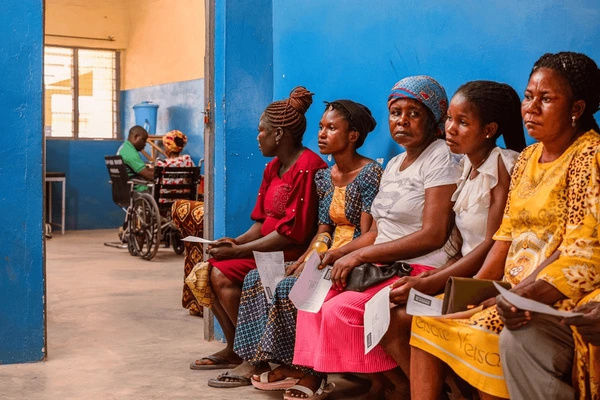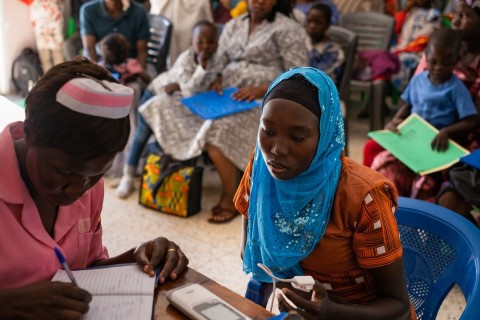At the International Conference on Family Planning in Bogotá, experts warned that recent aid reductions could reverse a decade of progress in reproductive health. According to Family Planning 2030 (FP2030), modern contraceptive use has prevented 148 million unintended pregnancies and 128,000 maternal deaths in 2024 alone. However, funding shortfalls — following the United States’ withdrawal, which once covered 41% of global family planning budgets — now threaten these gains.
FP2030 Executive Director Samukeliso Dube cautioned that more than 80% of government funding for family planning comes from countries announcing major aid cuts, including the Netherlands, Britain, Germany, and Sweden. The U.S.-based Guttmacher Institute estimated that $104 billion is needed annually to meet reproductive health needs in low- and middle-income countries — nearly double current funding levels.
Experts like Dr Anu Kumar of Ipas urged nations to build resilient, locally funded health systems, noting the vulnerability of donor-dependent care. The conference brought together over 800 organisations from 120 countries to explore new financing models and sustainable strategies. As Dr Phil Angewicz of the Gates Institute noted, “This is not business as usual — it’s time to rethink how we rebuild global health.”




